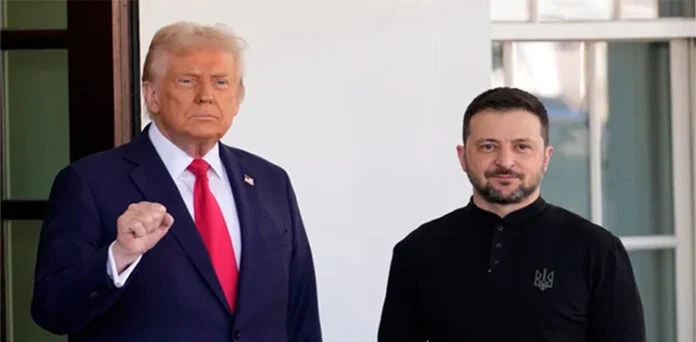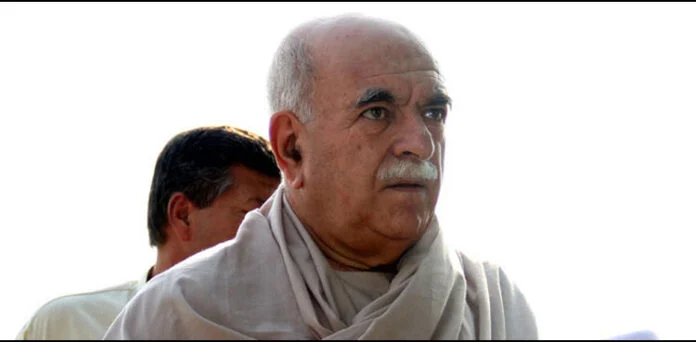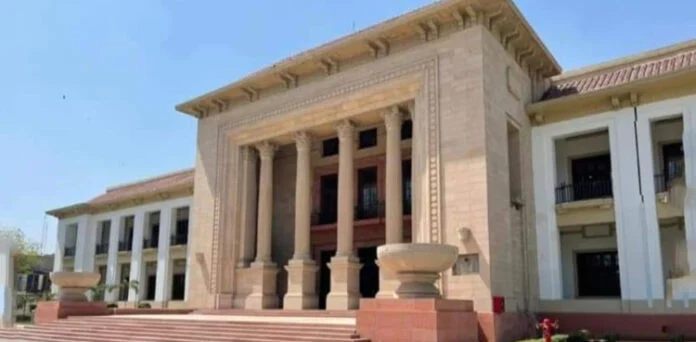
The Integration Partnership Programme, led by Finland’s Ministry of Economic Affairs and Employment, fosters effective integration through multisectoral cooperation and collaboration among actors. Its guiding principles include openness, inclusivity, knowledge-driven strategies, and impactful outcomes. The programme operates at both national and regional levels, with regional coordination handled by the Centres for Economic Development, Transport, and the Environment (ELY Centres).
Objectives and Structure
The programme is directed by a two-year action plan:
- 2021-2022 Goals: Establish partnership networks, create regional support structures, and develop cooperation tools.
- 2023-2024 Goals: Strengthen collaboration with the Talent Boost programme and promote gender-sensitive integration practices.
The programme is structured around three key objectives:
- Fostering Inclusive Culture: Promote participation and inclusivity in integration efforts.
- Building a Shared Vision: Engage experts to develop a unified approach to integration challenges.
- Enhancing Operational Efficiency: Create practical models and partnerships to support integration work.
Key Activities
- Partnership Platform: A digital network connecting hundreds of stakeholders from diverse administrative sectors, organizations, and themes. It facilitates collaboration, project management, and access to integration resources.
- National and Regional Operations: Includes training, newsletters, and events like the National Integration Events (2022 and 2024), which serve as platforms for sharing insights, tools, and networking opportunities.
- Training and Webinars: Focus on upskilling participants and disseminating integration-related knowledge.
Impact and Outcomes
- Positive Feedback: According to the Partnership Barometer survey (2022):
- 60% of respondents found the programme beneficial to their work.
- 53% felt adequately informed about national and regional integration efforts.
- Participation Insights: Most participants engaged via newsletters (62%), while others attended training sessions (49%), events (45%), and used the digital platform (45%).
- Success Areas: Training opportunities, skills development, and newsletters were particularly valued, with 68-70% of national and 59-61% of regional respondents rating them as highly effective.
However, challenges remain:
- Inclusion and Receptiveness: Only 29% believed the programme significantly improved migrant inclusion, and 21% saw no impact on public receptiveness.
Beneficiaries and Funding
- Direct Beneficiaries: Authorities, NGOs, and other integration-focused actors.
- Indirect Beneficiaries: Migrants, as improved cooperation enhances the quality of services provided.
- Funding: Primarily from the Ministry of Economic Affairs and Employment, with regional support by ELY Centres. Some activities also receive funding from the European Commission’s Asylum, Migration, and Integration Fund.
Evaluation and Way Forward
The Integration Partnership Programme has made significant strides in creating collaborative frameworks and sharing knowledge. While its efforts in training and networking are highly appreciated, the programme aims to strengthen its impact on inclusion and public perception, ensuring sustainable integration outcomes.




















